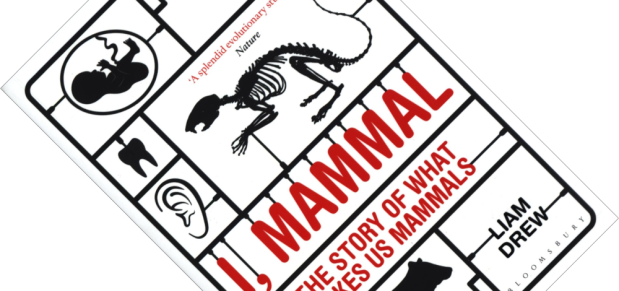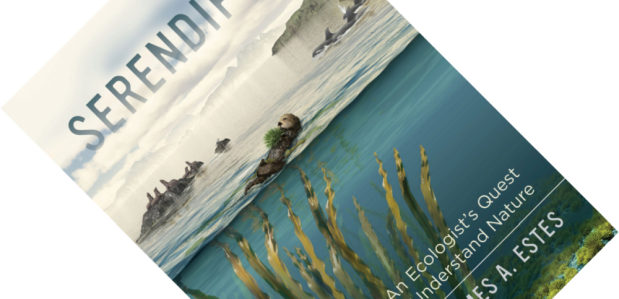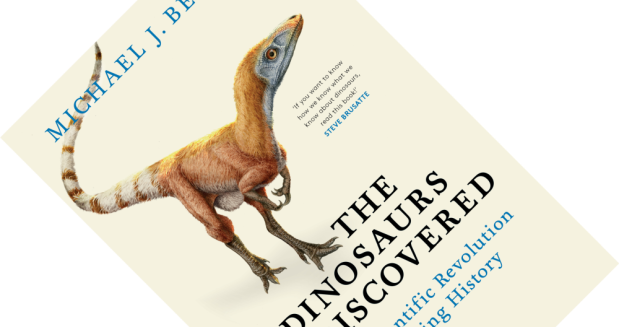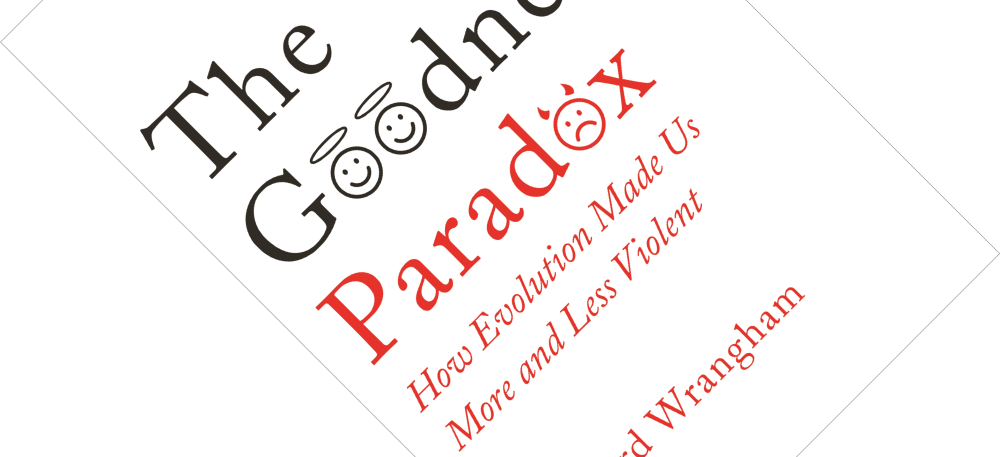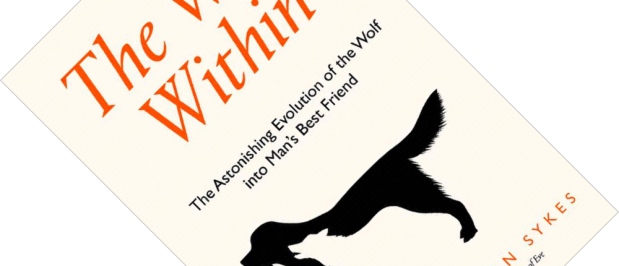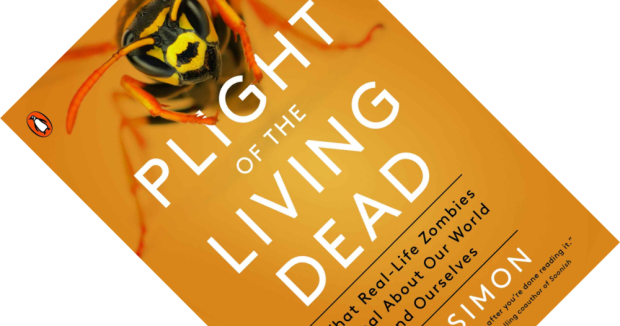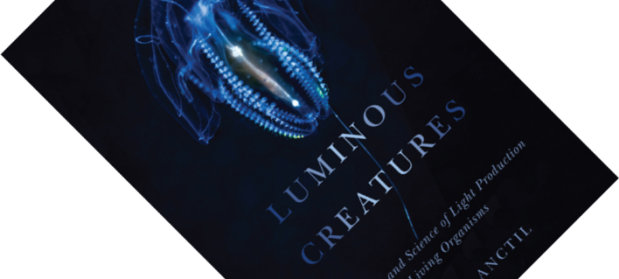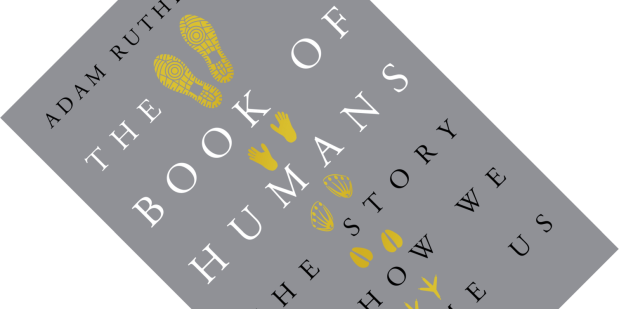The seed of this book, if you will forgive me the pun, lay in an unfortunate collision between a football and the author’s scrotum. This led former neurobiologist Liam Drew to write a piece for Slate about the mammalian testicles and their precarious positioning in the males of this group. Before long, with the birth of his first daughter, he started wondering about lactation and all the other features and oddities that make us mammals. The resulting I, Mammal is a witty, irreverent overview of mammalian biology and evolution that is sure to entertain.
animal behaviour
Book review – Serendipity: An Ecologist’s Quest to Understand Nature
Sea otters don’t eat algae. And yet, their diet influences the abundance of seaweed. How? Indirectly. Sea otters eating sea urchins (spiky animals in the same class as sea stars) eating kelp has become a textbook example of a trophic cascade, and Serendipity is a first-hand account by ecologist James A. Estes of how this happened. A trophic cascade refers to the indirect effects that ripple through a food web as a result of, for example, a predator consuming its prey. Simultaneously, the book is a searingly open account of how science is done, how ideas change, and how fortuitous events can suddenly send your research programme off in a whole new direction.
Book review – The Human Swarm: How Our Societies Arise, Thrive, and Fall
“Why, of all the species that have ever existed, have only us humans reached this unparalleled level of social organisation?” Sounds familiar? I indeed opened my review of E.O. Wilson’s recent book Genesis: On the Deep Origin of Societies with almost these exact words. Where that book (quite literally) fell a bit short of the intended mark, biologist Mark W. Moffett here delivers a sprawling big history book that considers almost the same question. Perhaps this should not come as a surprise, for Wilson has been Moffett’s mentor.
Book review – The Dinosaurs Rediscovered: How a Scientific Revolution is Rewriting History
If you are interested in dinosaurs, the last two years have seen a slew of great books published, and there is more in the pipeline. The latest I am reviewing here is The Dinosaurs Rediscovered from the well-known British Professor of Vertebrate Palaeontology Michael J. Benton. With a huge number of possible topics you could write about, and an already saturated book market, Benton has set himself a very specific aim: to show how the science of palaeobiology has moved from a descriptive, speculative scientific discipline, to a hard, testable, rigorous one. In other words, given that palaeontologists nowadays regularly make some pretty amazing and precise claims about creatures long extinct, how, exactly, do they know that?
Book review – The Goodness Paradox: How Evolution Made Us More and Less Violent
Humans. How is it that you can herd 200 of them into an aeroplane without a riot erupting, while they also commit unspeakable atrocities such as torture, genocide, and war? Anthropologist Richard Wrangham calls it the goodness paradox. In this well-reasoned book, he surveys research from a range of disciplines to try and answer why humans show this odd combination of intense calm in normal social interactions and a ready willingness to kill under certain other circumstances.
Book review – The Wolf Within: The Astonishing Evolution of the Wolf into Man’s Best Friend
DNA recovered from archaeological remains, so-called ancient DNA, has caused a revolution in our understanding of human evolution (see my review of Who We Are and How We Got Here: Ancient DNA and the New Science of the Human Past). In my review of The First Domestication: How Wolves and Humans Coevolved, I wondered what analyses of ancient DNA would reveal about the domestication of dogs from wolves. I have not had to wait long to find out. Geneticist Bryan Sykes here tells that story, and how man’s best friend subsequently radiated into today’s riot of breeds.
Book review – Plight of the Living Dead: What Real-Life Zombies Reveal About Our World – and Ourselves
Being turned into a zombie is not something most of us worry about. Sure, some of us consider humans metaphorical zombies, controlled by mass media / the government / smartphone addiction / my pet hamster / ________ (fill in your own favourite 21st-century angst here). All I can say after reading Matt Simon’s book is that I am glad that I am not an insect. In turns gruesome and hilarious, Plight of the Living Dead is a carnival of the many grotesque ways that parasites can control their hosts. Something we do not have to worry about… or do we?
Book review – Sloths! A Celebration of the World’s Most Maligned Mammal
When I picked up this book and saw the subtitle, I couldn’t help but think: “What?? Sloths, maligned?” Just look at them! How is that face not adorable? Where the sloth’s timeline is concerned, I have been swept up in what is only a recent widespread appreciation of sloths. Clearly, this wasn’t always the case. Why else name an animal after a cardinal sin…
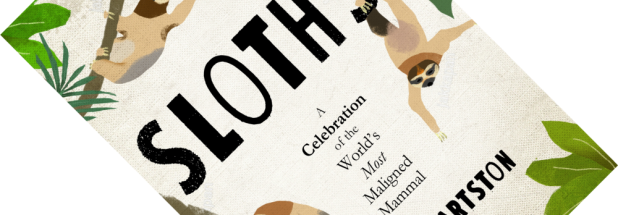
“Sloths! A Celebration of the World’s Most Maligned Mammal“, written by William Hartston, published by Atlantic Books in October 2018 (hardback, 198 pages)
Book review – Luminous Creatures: The History and Science of Light Production in Living Organisms
Beetles do it. As do fish. And squid, sharks, jellyfish, salps, dinoflagellates, and a host of other invertebrates. Bioluminescence, the production of light by living organisms, is one of nature’s most awe-inspiring spectacles and has fascinated humans since time immemorial. Luminous Creatures, written by bioluminescence researcher Michel Anctil, is a chunky book that charts the history of scientific research on this phenomenon by examining the lives and achievements of many of the key players involved. Along the way, it lifts the lid on many of the wondrous details of bioluminescence.
Book review – The Book of Humans: The Story of How We Became Us
Historically, humans have long considered themselves special compared to the natural world around them. It shows, for example, in old depictions where humans are at or near the top of a chain of lifeforms, with only angels and gods above us. Darwin caused a tremendous ruckus by saying we were descended from primates, and evolutionary biology has since had a long history of diminishing our anthropocentric worldview. With The Book of Humans, self-professed science geek Adam Rutherford has written an entertaining exploration of human evolution, showing that, amidst the teeming multitudes of lifeforms surrounding us, we are really not that special. And yet we are.

